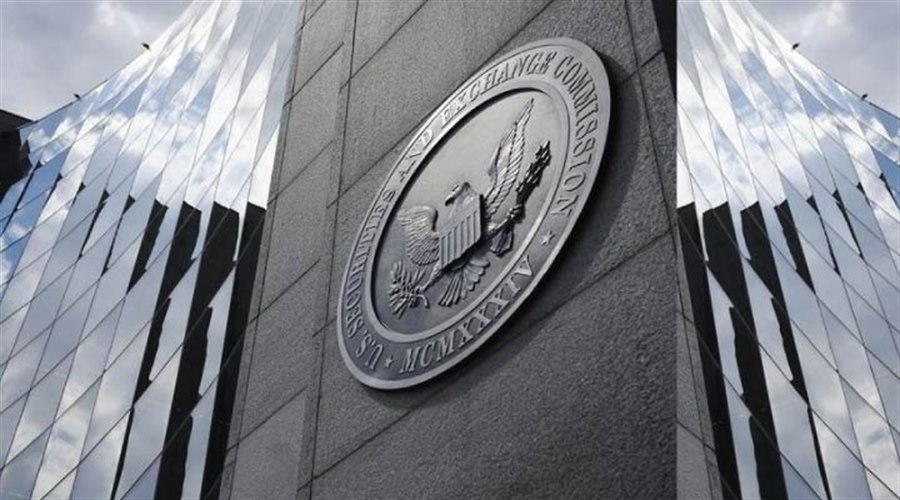Cryptocurrency exchange, Beaxy,
has shut down its operations after
over three of
launching. The exchange ceased its
operations in the wake of a lawsuit from the United States Securities and
Exchange (SEC) which charged the platform and its executions for operating an
unregistered exchange, brokerage and
clearing agency.
In a statement published on its website on Tuesday, Beaxy said it was
immediately suspending its services on the Beaxy Changes “due to the uncertain
regulatory environment surrounding our business.” Beaxy launched its crypto trading services in June 2019 with the plan to offer its services in 43 states in the United States along with 184 other countries.
However, SEC in a press
statement said it charged Artak Hamazaspyan, the crypto exchange’s Founder, and
his company, Beaxy Digital Limited, to court for raising $8 million in an
unregistered offering of the Beaxy token (BXY). The securities regulator
further alleged that Hamazaspyan “misappropriated at least $900,000 for
personal use, including gambling.”
In addition, the SEC also
charged two managers, Nicholas Murphy and Randolph Bay Abbott, for operating
Beaxy Exchange as an unregistered exchange, broker and clearing agency through
Windy Inc. According to the regulator, Murphy and Abbot took over the reins of
Beaxy Exchange in October 2019 after convincing Hamazaspyan to resign as a
result of the unregistered sale of BXY and the misappropriation of customer
funds.
Furthermore, the US securities
regulator in its complaint filed before a district court in
Illinois, also accused Brian Peterson and his company of acting as market
markers for Beaxy; hence, operating as unregistered dealers. The companies are
Braverock Investment, Future Digital Markets, Windy Financial and Future
Financial.
According to the SEC, Windy
signed an agreement with Peterson and his companies in December 2019 to provide
market marking services for BXY. In May 2020, one of the firms also signed a
similar agreement for another digital asset.
SEC Requires Separate
Registrations
Speaking on the case, Gurbir S.
Grewal, the Director of the SEC’s Division of Enforcement, noted separate
registration requirements exist for organizations that want to operate as
exchanges, brokers and clearing agencies. These requirements are targeted at protecting
investors and ensuring checks and balances among the various firms.
“When a crypto intermediary
combines all of these functions under one roof—as we…
























